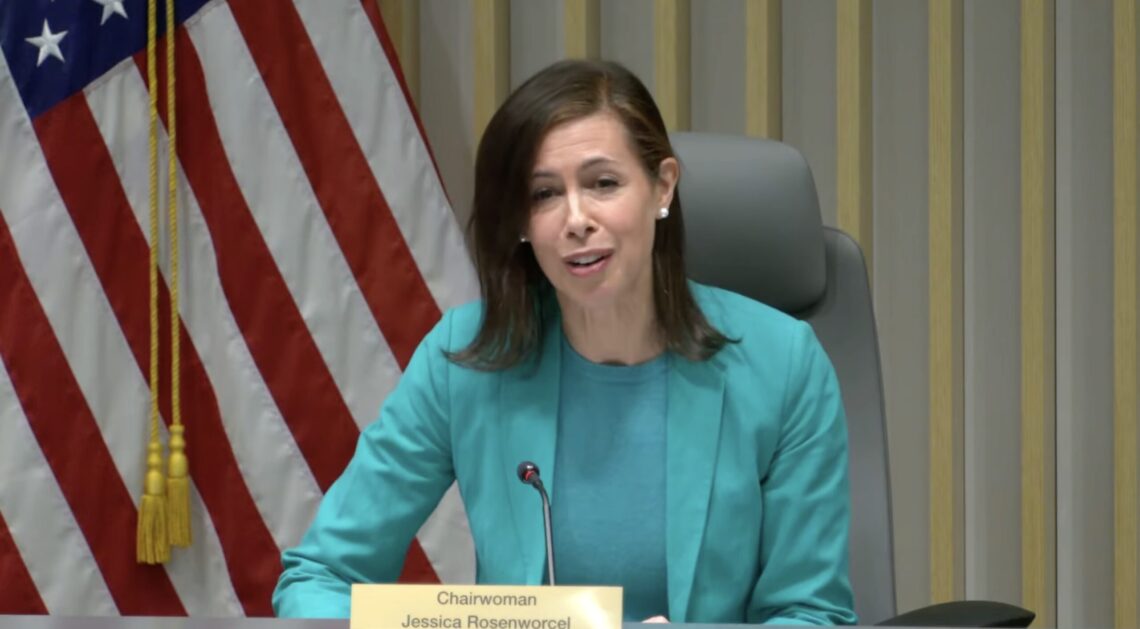TAMPA, Fla. — U.S. regulators have approved ground rules for allowing SpaceX and other satellite operators to use radio waves from terrestrial mobile partners to keep smartphone users connected outside cell tower coverage.
The Federal Communications Commission voted March 14 unanimously in favor of its Supplemental Coverage from Space (SCS) regulatory framework.
SCS providers would operate as a secondary service to companies providing Mobile Satellite Services (MSS) with conventional frequencies already approved for use from space.
This means an SCS operator would have to immediately cease operations if they interfere with an MSS provider or terrestrial telco with primary rights. The SCS regulatory framework also includes protections to guard against interference with astronomy.
The final version of the framework has yet to be released to the public, although it will be based on the draft the FCC published last month. The framework would go into effect after it is published in the Federal Register, which could take several weeks.
The FCC also voted to adopt a Notice of Proposed Rulemaking to consider a number of additional issues, including requiring 911 calls and texts to be routed to a public safety answering point by using location-based routing or an emergency call center. This rulemaking would be subject to a public comment period.
“We are the first country to adopt a framework that combines satellite and wireless service through supplemental coverage from space,” FCC chair Jessica Rosenworcel said, enabling these networks to accomplish more than they could do on their own.
“Together, they can end dead zones,” Rosenworcel said, and it “means that when disaster strikes and destroys ground-based systems, we’re going to have a backup in space.”
Other countries are watching the United States closely to inform their own rules for allowing satellites to use spectrum from terrestrial partners to plug connectivity…
Read the full article here

